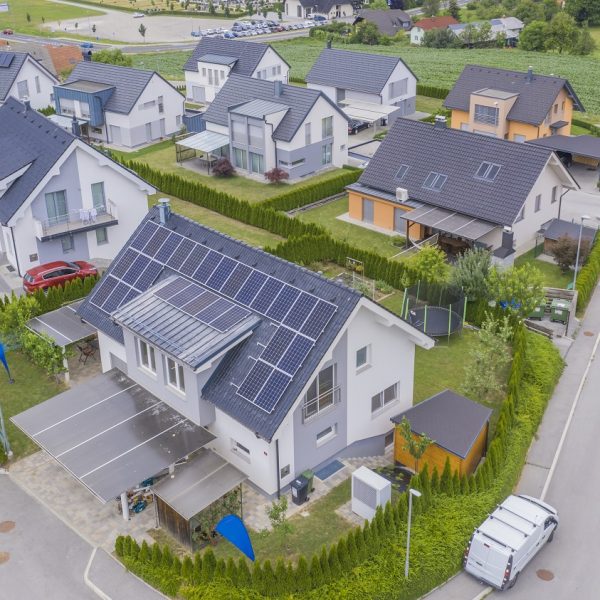Smart aggregation & optimization of self-generation storage & consumption within an energy community: Opportunities & obstacles
Track 1 – Special session
Wednesday, 20th July 2022 from 16:30 to 18:00 | Seminar room 4
Wednesday, 20th July 2022 from 16:30 to 18:00 | Seminar room 4

Organisers: Fereidoon Sioshansi (Menlo Energy Economics), Sabine Löbbe (University of Reutlingen)
Keywords: Community energy self-generation, Distributed storage, Aggregation & optimization of consumption, storage & self-generation, Digitalization & remote monitoring & management of energy, Peer-to-peer (P2P) energy trading
Potential journal publication: Please check this page for updates
Description:
Recent technological advances in self-generation & distributed storage offer customers many choices that were not available in the past.
The most obvious and prevalent is the ability to self-generate electricity by installing solar PV panels. Australia, a country of 25 million, for example, already has over 3 million solar roofs, a number that is estimated to reach 6 million by 2030, roughly 1 in 2 households – which means that 6 million Australian consumers will become prosumers – many of them net generators of kWhs on an annual basis.
Already, on many sunny weekend afternoons in South Australia, rooftop solar meets virtually all the demand on the network. Similar trends are likely in other parts of the world.
As the cost of storage, including electric vehicles, continue to decline, many prosumers will become prosumagers – that is prosumers with storage. This allows prosumagers to become active participants in the utility sector, no longer passive and totally dependent on upstream generators delivering kWhs through the distribution network. The disruption of the traditional relationships between the generators, distribution companies, retailers and customers, however, does not end there because customers can
Moreover, as the cost of generating kWhs from renewables continues to fall, the value of demand flexibility continues to rise promting retailers and distribution companies to offer customers a host of new service options including virtually “free” rooftop solar panels plus storage in exchange for the opportunity to manage the batteries – as is already happening in Australia, & California.
In this context, forming an energy community (EC) consisting of a collection of consumers, prosumers and prosumagers enabled by an aggregator who can optimize the generation, storage and consumption of energy within the EC, becomes compelling – the focus of the proposed session. Such innovations have important implications in urban planning and development of future self-sufficient smart cities and communities.
Presentations: